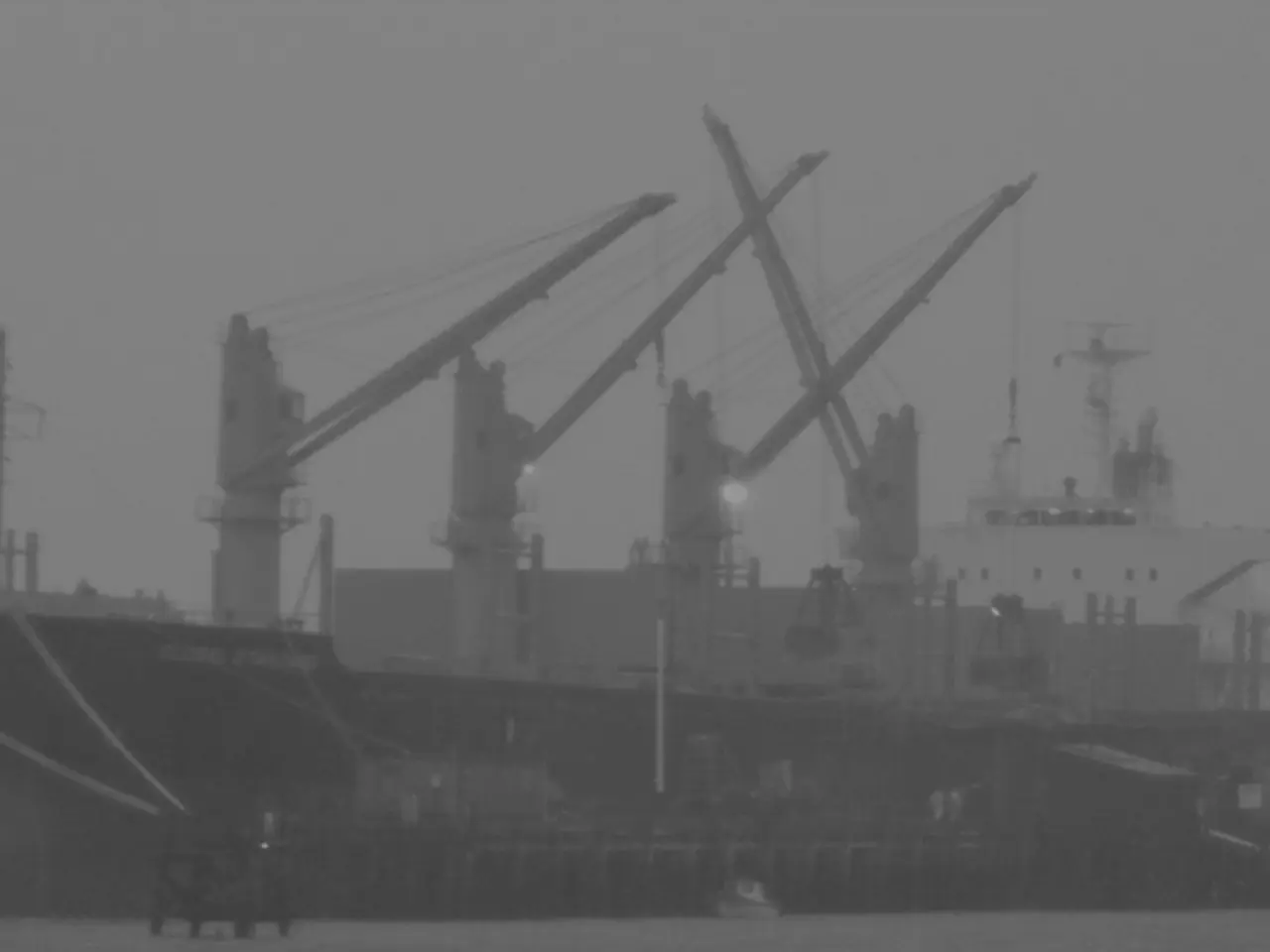Red Sea Crisis Disrupts Global Maritime Trade, Threatens Supply Chains
The Red Sea's security crisis has led to a significant disruption in global maritime trade. Following recent Houthi rebel attacks, major shipping companies like Maersk have suspended vessel transit indefinitely. This has raised serious concerns among the United States and its allies, who have launched initiatives like 'Operation Prosperity Guardian' to safeguard crucial trade routes.
The Red Sea, Gulf of Aden, and Suez Canal are vital waterways for global economic traffic, with approximately 30% of the world's maritime trade passing through. This includes substantial oil and LNG trade. The attacks have caused a 300% increase in maritime transportation costs, directly impacting the cost of goods.
Juan Pablo Gómez, General Director of Certysol, warns of a potential 'supplier bottleneck' similar to the Covid-19 pandemic. The situation is particularly concerning for the European eMobility sector, which is heavily reliant on supplies from China. Europe, a major buyer of Chinese products and services for electric vehicle production, involves around 300,000 parts. The lack of just one part can disrupt the entire production chain. While the impact on the global economy has been limited so far, a prolonged crisis could lead to more serious effects on global logistics and supply chains.
In response to the crisis, European companies and manufacturers are stocking up to avoid running out of products. However, the conflict in the Red Sea poses a significant challenge to Europe's ability to obtain supplies from China.
The indefinite suspension of vessel transit in the Red Sea has led to a sharp increase in maritime transportation costs and threatens to disrupt global supply chains. While the impact on the global economy has been limited so far, a prolonged crisis could have serious consequences, particularly for the European eMobility sector's reliance on Chinese supplies. European companies are taking proactive measures to mitigate the effects of the crisis, but the situation in the Red Sea remains a significant concern.








